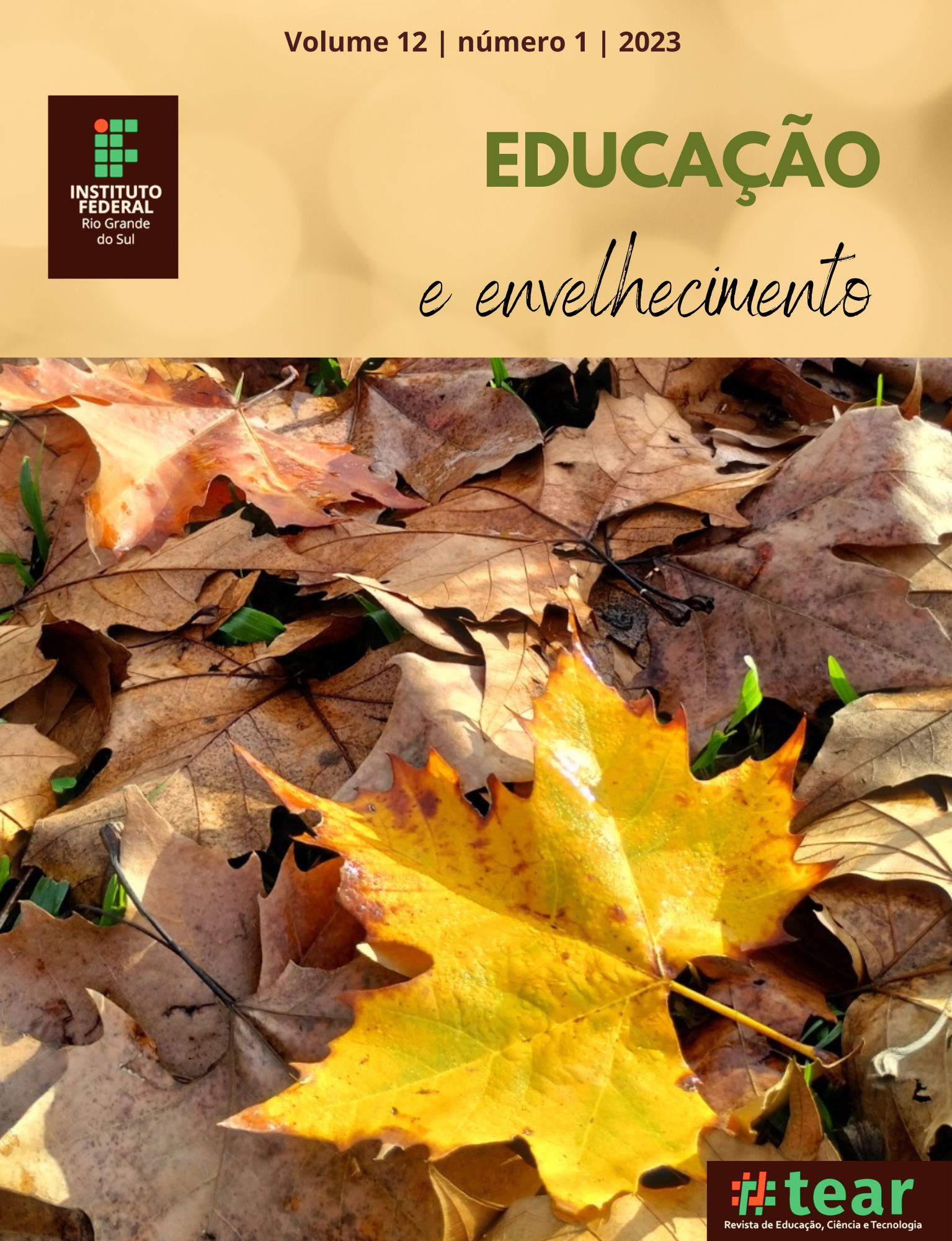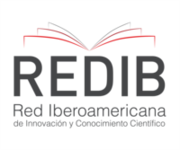Google Classroom in UFES Remote Teaching from The Perspective Of Teachers
DOI:
https://doi.org/10.35819/tear.v12.n1.a6604Abstract
This study pertains to the area of educational technologies, more specifically, it focuses on remote learning during the period of the Covid-19 pandemic. We sought to understand how the Google Classroom software can contribute to the quality of the teaching and learning process and impact the teaching of the public network of Higher Education. Thus, we analyzed how Google Classroom was used at the Federal University of Espírito Santo for the implementation of remote teaching in undergraduate courses. It was also verified how the teaching and learning process occurs through this software and if it is a resource that positively influences the quality of teaching practice in order to suggest its use to other educational institutions as a technological tool to support face-to-face teaching. This case study has a qualitative approach and an applied nature. It is concluded that the use of Google Classroom was feasible in remote teaching at UFES and may contribute to the enhancement of the quality of hybrid education in higher education.
Keywords: Technology. Education. UFES.
Downloads
Downloads
Published
How to Cite
Issue
Section
License
Autores que publicam nesta revista concordam com os seguintes termos:
a. Autores mantêm os direitos autorais e concedem à revista o direito de primeira publicação, com o trabalho simultaneamente licenciado sob a Licença Creative Commons, que permite o compartilhamento do trabalho com reconhecimento da autoria e publicação inicial nesta revista a partir dos critérios abaixo:
CC BY-NC – Uso Não Comercial (NC): Os licenciados podem copiar, distribuir, exibir e executar a obra e realizar trabalhos derivados dela, desde que sejam para fins não comerciais .
b. Autores têm autorização para assumir contratos adicionais separadamente, para distribuição não exclusiva da versão do trabalho publicada nesta revista (ex.: publicar em repositório institucional ou como capítulo de livro), com reconhecimento de autoria e publicação inicial nesta revista.
c. Autores têm permissão e são estimulados a publicar e distribuir seu trabalho online (ex.: em repositórios institucionais ou na sua página pessoal) a qualquer ponto antes ou durante o processo editorial, já que isso pode gerar alterações produtivas, bem como aumentar o impacto e a citação do trabalho publicado.













